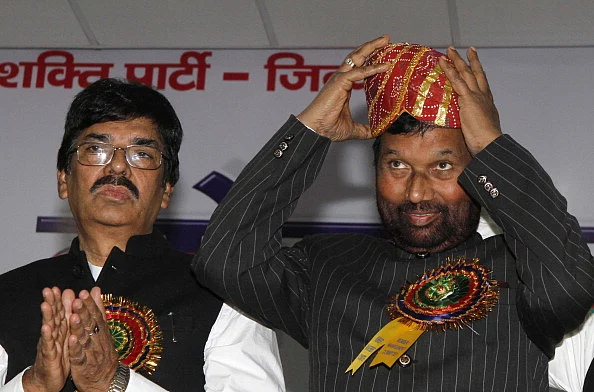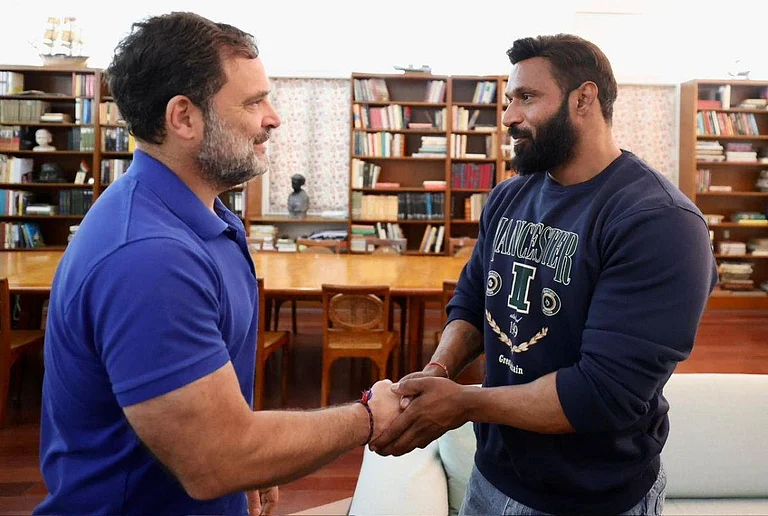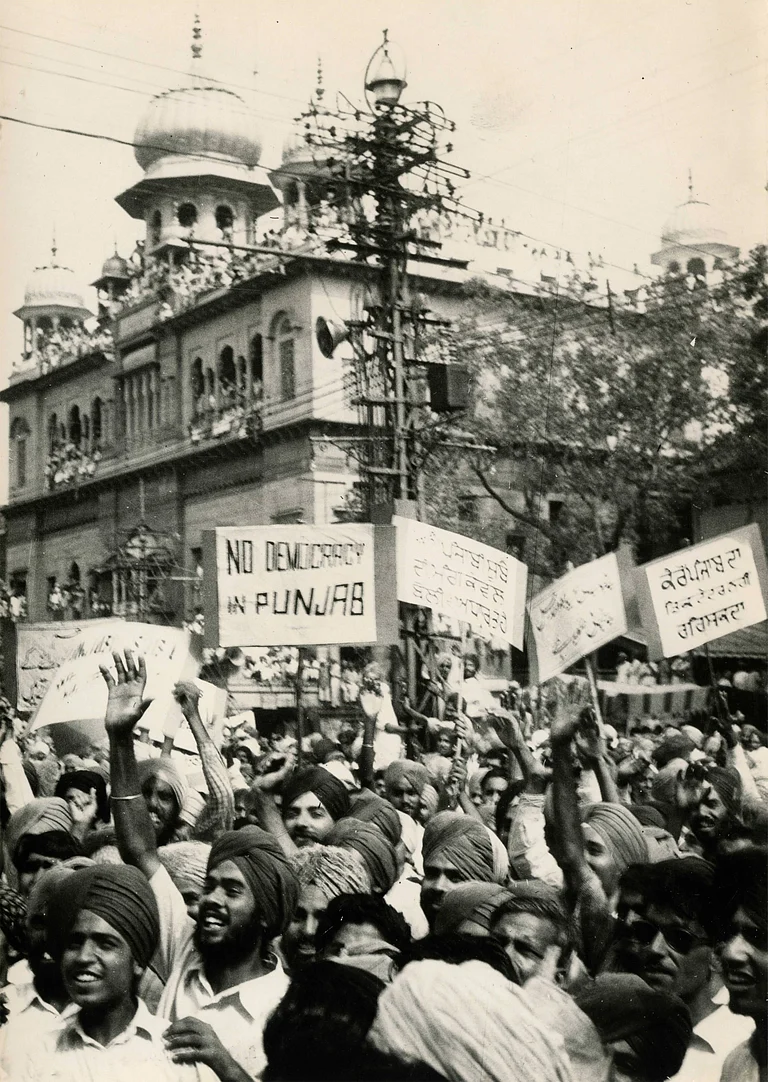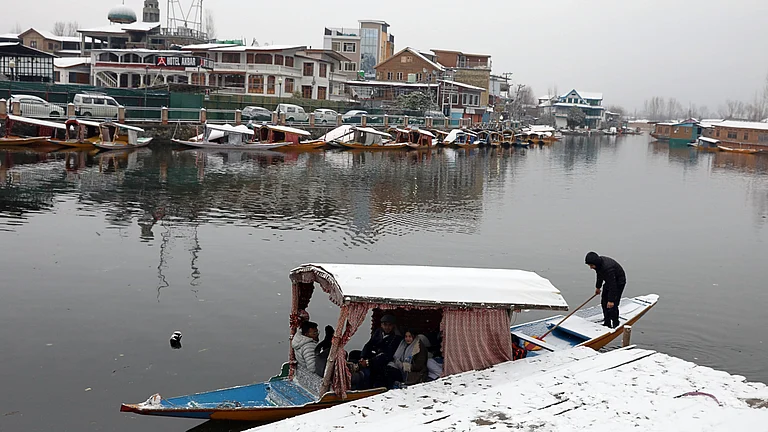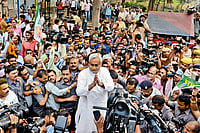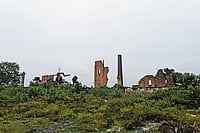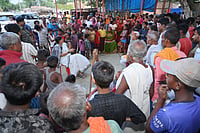After Nitish Kumar and Lalu Prasad Yadav had deserted Janata Dal in just six years between 1994-1997, it was time for Ram Vilas Paswan, to make his own political outfit and the immediate cause was the result of 2000 Bihar assembly elections and its aftermath.
National Democratic Alliance (NDA) which consisted of Bharatiya Janata Party (BJP), Samta Party, Janata Dal and other parties won 151 seats whereas Rashtriya Janata Dal (RJD) alone won 159 seats. NDA did not have sufficient numbers but Atal Bihari Vajpayee insisted Ram Vilas Paswan take oath as Bihar chief minister. Ram Vilas Paswan by that time had already emerged as the tallest dalit leader.
“Atal Bihari Vajpayee was of the view that making Ram Vilas Chief Minister will increase the electoral prospects of the NDA. But the NDA had not required numbers so Ram Vilas turned down the proposal,” Jayant Jigyasa, RJD spokesperson and researcher says.
“A press conference by NDA leaders was about to be organized and Vajpayee has clearly told leaders to clearly mention that Ram Vilas Paswan was offered to be Chief Minister but he turned down the offer. Vajpayee thought that saying this would have increased the stature of Ram Vilas Paswan. But, sadly not a single leader told the media about it,” Jayant Says.
This infuriated Ram Vilas Paswan and he decided to form his own party.
He along with his brother Ram Chandra Paswan, Jai Narayan Nishad and other leaders left Janata Dal and formed Lok Janshakti Party (LJP). LJP was a state party but it was always interested in central politics and it never fought state elections with that vigour.
The party formed an alliance with NDA and remained with it until 2003. He was central minister in Vajpayee government but resigned in 2002 due to Gujarat riots.
In 2004, LJP joined Congress-led United Progressive Alliance (UPA) and shares power at centre.
In 2009, LJP walked out of UPA and joined the fourth alliance which was formed by Rashtriya Janata Dal, Samajwadi Party and other parties. Fourth Alliance performed poorly. LJP could not win a single seat. That year Jan Morcha, the party founded by former prime minister Vishwanath Pratap Singh was merged with LJP.
From 2009 to 2014 were heydays for LJP as it was not in government at the centre or state. In the 2014 general elections LJP joined NDA. Initially Ram Vilas Paswan was of the view of not joining NDA but it was young Chirag Paswan who insisted to go for it.
The decision turned out to be a boon for the party and Ram Vilas again became central minister.
In 2021, after the death of Ram Vilas Paswan, a fight to become political heir of Ram Vilas Paswan started between Chirag and his uncle Pashupati Paras which led to split in LJP. Though some sources say that there was a role of Nitish Kumar in this split as Chirag Paswan had damaged JDU in 2020 elections by fielding candidates on the seats JDU was fighting.
Pashupati Paras formed Rashtriya Lok Janshakti Party and Chirag renamed LJP as Lok Janshakti Party (Ram Vilas).
Pashupati Paras was inducted in NDA and was made central minister and Chirag was left alone but in 2024 things changed. Chirag was inducted in NDA with five seats and Pashupati Paras was thrown out.
Two years ago Chirag’s political career looked uncertain but now it seems Chirag will remain relevant in national politics.
“Ram Vilas Paswan has 5-6 percent votes of Paswan and few upper castes. Now this vote bank is transferred to Chirag. Paswan has accepted Chirag as their leader. Pashupati Paras has no such vote bank,” Political analyst Mahendra Suman says.







